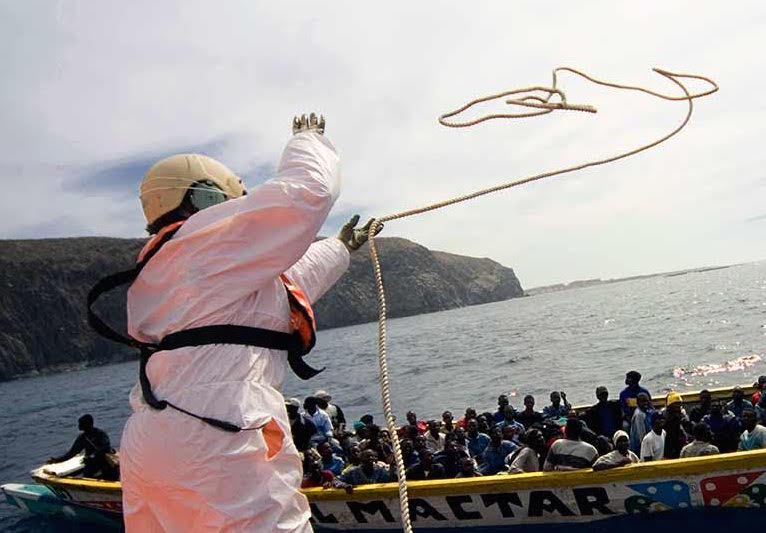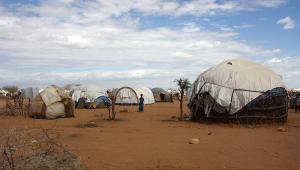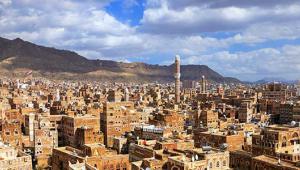May announced the funding during a high level event on refugees taking place on the sidelines of the United Nations General Assembly yesterday, organised by US president Barack Obama.
The news follows May’s speech to the wider assembly earlier in the day, where she called for a “new approach” to migration. This included a clearer distinction between refugees and economic migrants, greater efforts to control migration and keep refugees in the first safe country in which they arrive, and more pronounced border controls.
Later, she announced the UK will contribute $104m from its aid budget to help construct new industrial parks in Ethiopia that will generate 100,000 new jobs, including 30,000 for refugees, mostly from neighbouring Eritrea.
The programme intends to make refugees more content to stay in Ethiopia rather than move on, by increasing the ability to work and build a life there. This is the same strategy as is employed in countries neighbouring Syria, namely Jordan, Lebanon and Turkey, to deter refugees from travelling on to Europe.
However, despite high level agreements on increasing the ability of Syrian refugees to work in these countries, in Turkey in particular, refugees still complain that they are not able to work legally. This means they are often forced to work long hours on the black market for very little pay.
The UK will also reportedly spend $20.8m of aid investing in food, education, shelter and sustainable livelihoods in Somalia, in an effort to address the causes of migration from the country.
Separately, in her address to the General Assembly, May also announced the UK would send more troops to address security issues in Somalia.
Another $5.2m will go to Kenya to support the process of repatriating Somali refugees living in its Dabaab refugee camp – the largest refugee camp in the world – which the Kenyan government wants to close down.
Nick Deardan, director of Global Justice Now, highlighted that there is currently a “very real threat” of famine in Somalia, where an estimated five million people are already going hungry.
“Making refugees return to a country with acute food shortages is a far cry from helping those in need,” he said.
Another $3.25m will go to an International Organisation for Migration fund to settle refugees in other countries. May also announced another $2bn in humanitarian funds for refugees – a 10% increase on the budget from last year.
As United Nations general secretary Ban Ki-Moon called on world leaders to ensure better protection for the world’s 65 million refugees and more shared responsibility – 89% of that 65 million are hosted in poorer nations – May was using her address at the General Assembly to do the opposite.
“Countries have to be able to exercise control over their borders,” she said, calling for a “new approach to managing migration” that distinguishes between economic migrants and refugees and does more to ensure refugees stay in the first safe country in which they arrive.
Outgoing US president Barack Obama used his final address to the UN to launch a defence of globalisation, and urge American voters not to embrace isolationism and ultra-nationalism in the US presidential election, due to take place in November.
“A nation ringed by walls would only imprison itself,” he warned, referring to the country’s Republican presidential candidate Donald Trump’s suggestion he would build a giant wall at America’s southern border, and that Mexico will pay for it.
In a similar vein, Abdullah II Ibn Al Hussein, King of Jordan, delivered a powerful speech against Islamaphobia. Turkey, which hosts 2.7m refugees, hit out at countries that turn them away.
Canada announced a new initiative to enable Canadians to settle refugees privately, covering their expenses and providing the support needed for them to adjust.
Many nations used their speech to call for peace in Syria and highlight other issues on the world agenda, such as climate change and terrorism.













